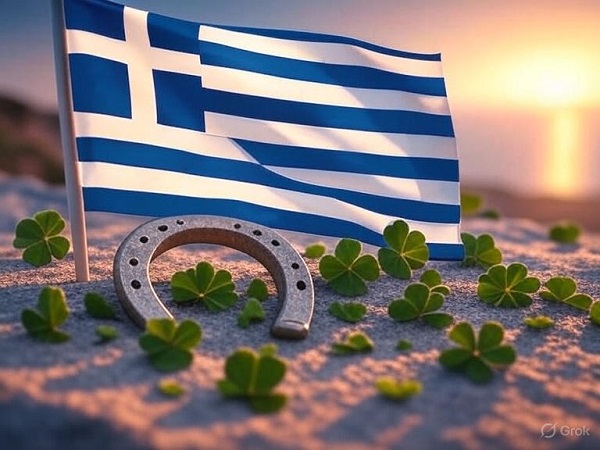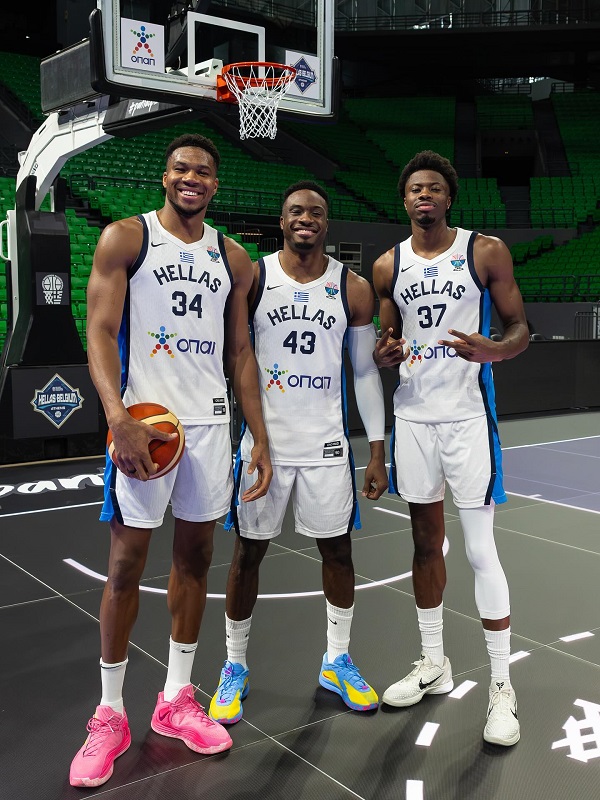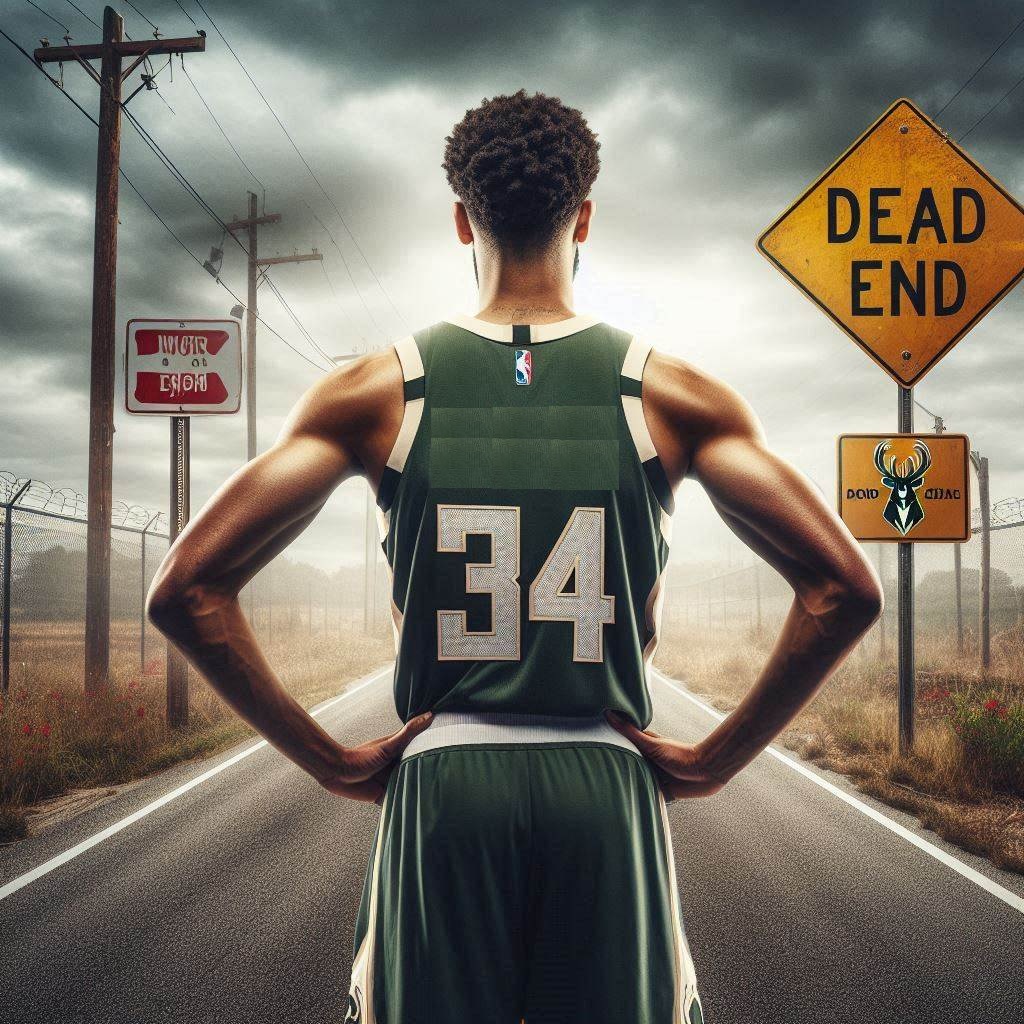Bracket Luck, Opponent Injuries, and Giannis’ Big-Game Blues
As the confetti settled in Riga, Latvia, on September 14, 2025, Greece’s national basketball team stood on the podium, bronze medals gleaming around their necks. It was their first EuroBasket medal in 16 years, a triumphant return to Europe’s elite basketball stage since Vassilis Spanoulis led them to bronze in 2009. Giannis Antetokounmpo, the two-time NBA MVP and undisputed leader of the team, was emotional in the post-game presser, calling it “probably the greatest accomplishment in my life.” The 92-89 thriller over Finland in the bronze medal game capped a rollercoaster tournament for the Greeks, with Giannis dropping 30 points and snagging 17 rebounds to seal the deal. Fans back home erupted in celebration, and rightfully so—representing Greece on the international stage is no small feat.
But let’s pump the brakes on the euphoria for a moment. While Greece’s run was inspiring, a closer look at the tournament reveals just how much luck factored into their podium finish. The bracket draw handed them a relatively soft path through the knockout stages, sparing them from several superior teams until it was too late. Opponent injuries provided additional breaks, weakening key rivals at crucial moments. And when they finally faced a genuine powerhouse in the semifinals—Turkey—the cracks in Greece’s armor showed, particularly with Giannis Antetokounmpo reverting to his all-too-familiar pattern of underperforming in high-stakes international games. Let’s face it: Greece was not the third best team of the tournament. Not even the 6th best team. They would have lost a knock out game against Serbia, France, Bosnia or other teams. They were just lucky they didn’t.

(Greece in the FIBA power rankings, as the 8th best European team. We all know that)
The Bracket Lottery: Dodging Bullets in the Knockout Draw
EuroBasket 2025 featured 24 teams divided into four groups, with the top four from each advancing to a round of 16 in Riga. From there, it was single-elimination knockout basketball—no second chances. Greece, placed in Group C in Limassol, Cyprus, navigated the group stage with a mix of grit and Giannis magic. They stunned defending champions Spain in a key win, but also dropped a game to Bosnia and Herzegovina without their star due to knee discomfort. Finishing strong, they advanced to the knockout rounds, where the real luck kicked in.
The round of 16 matchup was a gift: Greece drew Israel, a solid but far from elite squad that barely scraped out of Group D. Giannis exploded for 37 points in an 84-79 victory, but let’s be real—Israel isn’t the kind of opponent that tests a medal contender’s depth. They were the leftovers from a group that saw powerhouses like France and Slovenia advance with ease. Meanwhile, on the other side of the bracket, heavy hitters were duking it out early. Serbia, loaded with NBA talent like Nikola Jokić’s supporting cast, faced a tough Latvia in the round of 16. Finland, powered by Lauri Markkanen, took on a battle-hardened Georgia. And Germany, the eventual champions, cruised past weaker opposition but were primed for deeper clashes.
Greece’s quarterfinal draw? Lithuania, a basketball-mad nation with a storied history, but one that was conveniently hobbled (more on that later). The Greeks pulled out an 87-76 win, with Giannis scoring 29 points and the team dominating fast breaks 20-4. Impressive, sure, but Lithuania wasn’t at full strength, and avoiding a semifinal showdown with the likes of Serbia or a full-powered France was a massive break. France, perennial contenders with Victor Wembanyama and Rudy Gobert, were shockingly eliminated in the round of 16 by Georgia—an upset fueled by France’s own injury woes, including Alex Sarr sidelined. Slovenia, led by Luka Dončić, bowed out early too, knocked out in a bracket that funneled the top seeds away from Greece’s path.
The semifinal against Turkey was the first time Greece truly collided with a top-tier team, and it was a 94-68 blowout loss that exposed their limitations. Had the draw been less forgiving—say, a quarterfinal against Germany or a round of 16 rematch with a healthy Spain—Greece might not have sniffed the semifinals. The bracket’s geography worked in their favor: Their half featured Israel and a depleted Lithuania, while the other side absorbed the brunt of the tournament’s elite talent. Serbia fell to Finland in the quarters, and Germany methodically dismantled everyone in their way en route to gold. Greece essentially lucked into a path that maximized Giannis’ individual brilliance against lesser foes while minimizing team tests until the end.
| Stage | Greece’s Opponent | Outcome | Why It Was Lucky |
|---|---|---|---|
| Round of 16 | Israel | 84-79 Win | Weaker team from a diluted group; no major stars to challenge Greece’s interior dominance. |
| Quarterfinals | Lithuania | 87-76 Win | Historic powerhouse, but ravaged by injuries (see below); avoided full-strength Serbia or France. |
| Semifinals | Turkey | 68-94 Loss | First elite matchup; bracket shielded them from earlier clashes with Germany or Finland. |
| Bronze Medal | Finland | 92-89 Win | Close game against a strong but fatigued 4th-place team; revenge for potential earlier bracket pitfalls. |
This table highlights how Greece’s knockout run was cushioned by the draw. Without it, their bronze dream might have ended in the quarters.
Lucky Breaks from Opponent Injuries: The Hidden Edge
EuroBasket 2025 was dubbed “EuroInjuries” by some pundits, with a staggering number of stars sidelined across the tournament. Greece wasn’t immune—Giannis missed a group game with knee issues—but their opponents suffered even more, tilting key games in their favor.
Start with the quarterfinals against Lithuania. The Balts entered the matchup missing Rokas Jokubaitis, their promising point guard, who suffered a serious knee injury early in the tournament and was ruled out for the rest. Margiris Normantas, another key backcourt option, twisted his ankle, further depleting their guard rotation. Lithuania’s offense, which relies on sharp ball movement and perimeter shooting, sputtered without these players, allowing Greece to control the pace and exploit mismatches inside. A full-strength Lithuania—potentially with Jokubaitis orchestrating alongside veterans like Jonas Valančiūnas—could have forced Giannis into more double-teams and disrupted Greece’s rhythm. Instead, the Greeks feasted on easy buckets, shooting 63% from two-point range.
In the round of 16, Israel wasn’t decimated, but the broader injury wave hit teams that could have altered the bracket. For instance, if France (missing Alex Sarr and others) had advanced, they might have crossed paths with Greece later. Even in the bronze game, Finland was without some depth pieces, though Lauri Markkanen gutted it out. Markkanen’s Utah Jazz teammate Walker Kessler was limited by a minor tweak, reducing Finland’s rim protection in the clutch moments where Greece pulled away.
The semifinals against Turkey offered a glimmer of hope for Greece via injuries: Veteran wing Cedi Osman, a key scorer for the Turks, was battling swelling in his leg and could barely put weight on it ahead of the game. Coach Ergin Ataman called it “alarming,” and Osman was limited to spot minutes. But Turkey’s depth, led by Alperen Şengün’s dominant 25-point, 12-rebound performance, overwhelmed Greece anyway. Still, without Osman’s full contribution, one wonders if the blowout would have been as lopsided—though it didn’t matter for Greece’s luck narrative, as it propelled them to the easier bronze matchup.
These injuries weren’t isolated; the tournament saw Bogdan Bogdanović (Serbia) out with a hamstring pull, Johannes Voigtmann (Germany) sidelined, and more, creating chaos that indirectly benefited Greece by eliminating or weakening potential bracket foes. It’s basketball’s cruel reality: One tweak can swing a medal.
The Turkey Wake-Up Call: Giannis, the Non-Factor in Crunch Time
If the bracket and injuries were Greece’s luck charms, the semifinal against Turkey was the reality check—and it centered on Giannis Antetokounmpo. The “Greek Freak” had been a monster throughout the tournament, averaging over 25 points and double-digit rebounds, carrying Greece on his broad shoulders. But against a serious contender? He vanished.
Turkey dismantled Greece 94-68, holding the two-time MVP to a tournament-low 12 points on 6-of-13 shooting. He grabbed 12 boards and dished 5 assists, but his plus/minus was a brutal -30, and he was visibly frustrated by constant double- and triple-teams. Ercan Osmani, Turkey’s defensive specialist, clamped down on him, forcing turnovers (Greece had four early) and limiting his drives. Şengün owned the paint, outdueling Giannis in a battle of bigs that highlighted Greece’s lack of secondary options.
This isn’t new for Giannis in international play. He’s a playoff beast in the NBA, but FIBA games against top teams often see him neutralized—remember his muted Olympics performances or past EuroBaskets where defenses packed the lane and dared teammates to shoot? Against Turkey, Greece’s supporting cast (Thomas Walkup, Kostas Papanikolaou) couldn’t punish the help defense, leading to a 26-point drubbing. It took the easier bronze game for Giannis to rediscover his form, but the semifinal exposed that Greece’s success hinged on him feasting against inferior competition. If they’d faced Germany earlier—Dennis Schröder’s MVP squad that thrived on team basketball—Giannis might have been similarly stifled, ending their run prematurely.
Celebrate, But Acknowledge the Luck
Greece’s bronze is a proud moment, a testament to Spanoulis’ coaching and Giannis’ leadership. They overcame group-stage hiccups, including playing without their star, and delivered in the bronze thriller. But stripping away the hype, their path was greased by a favorable bracket that sidestepped powerhouses like a healthy France or Serbia until the semis. Opponent injuries, from Lithuania’s backcourt woes to Turkey’s Osman question mark, provided unearned edges. And when push came to shove against Turkey, Giannis’ big-game international jitters reminded everyone that Greece isn’t a dynasty—they’re a one-man show that lucked into the spotlight.
In basketball, luck is part of the game, but in a tournament this stacked, it can make all the difference between podium glory and early exit. Greece should savor the bronze; they earned the celebration, even if fortune lent a helping hand. What’s next for the Greeks? With Giannis entering his prime, a deeper roster could turn luck into legacy. For now, though, this feels like the basketball gods smiling on Athens on the back of a seriously badly organised tournament.






